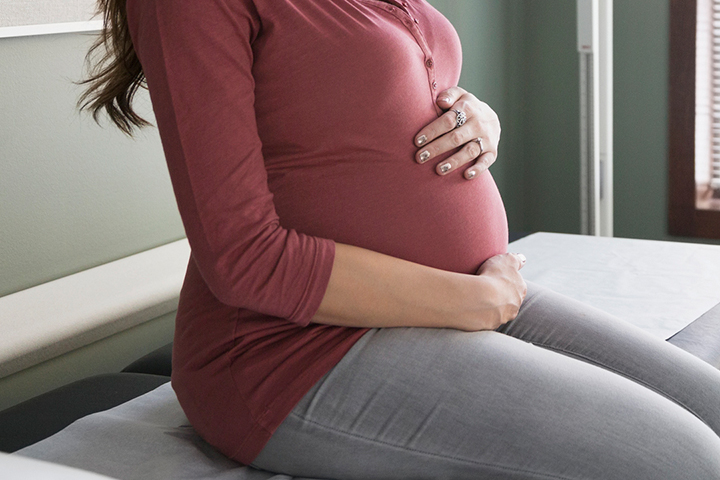Researchers are looking for 200,000 adults worldwide in any stage of pregnancy who can read English to take part in a study investigating the short- and long-term impacts of stress on moms and newborn babies resulting from the novel coronavirus pandemic.

The PEARL (PrEgnAncy ResiLience) study out of Western University in London, Ont., will gather data through an online program focusing on a mother’s mood, ability to think and reason and how a mother’s stress may influence a baby’s health. The study will also look at how physical activity and diet impact stress and whether healthier habits can improve resilience to stress.
“Historically, we know pregnant women experience a lot of stress during natural disasters like floods and ice storms and that stress greatly alters their moods, their thoughts and their babies,” said study lead Emma Duerden.
“During the COVID-19 pandemic, stress caused by health risks, quarantine, isolation and genuine fear is being felt by pregnant women around the world, and it is crucial that we identify what they experience not only for their own personal well-being but for the health of their babies.”

Get weekly health news
Emily Nichols, a postdoctoral fellow in the faculty of education, will lead the cognition component of the study, assessing reasoning, memory, decision-making and sleep.
“Constant worrying, forgetfulness and an inability to focus are common cognitive symptoms of stress,” said Nichols.
“We want to understand the extremes of these indicators so that we can help pregnant women cope and manage on a global scale. It’s maybe become cliché, but we’re truly all in this together.”
As of Tuesday, May 19, the study had recruited over 500 participants from countries including Canada, the United States, India, Uganda, Croatia and the Netherlands. Those interested in participating can sign up online.

Questions about COVID-19? Here are some things you need to know:
Symptoms can include fever, cough and difficulty breathing — very similar to a cold or flu. Some people can develop a more severe illness. People most at risk of this include older adults and people with severe chronic medical conditions like heart, lung or kidney disease. If you develop symptoms, contact public health authorities.
To prevent the virus from spreading, experts recommend frequent handwashing and coughing into your sleeve. They also recommend minimizing contact with others, staying home as much as possible and maintaining a distance of two metres from other people if you go out.
For full COVID-19 coverage from Global News, click here.













Comments